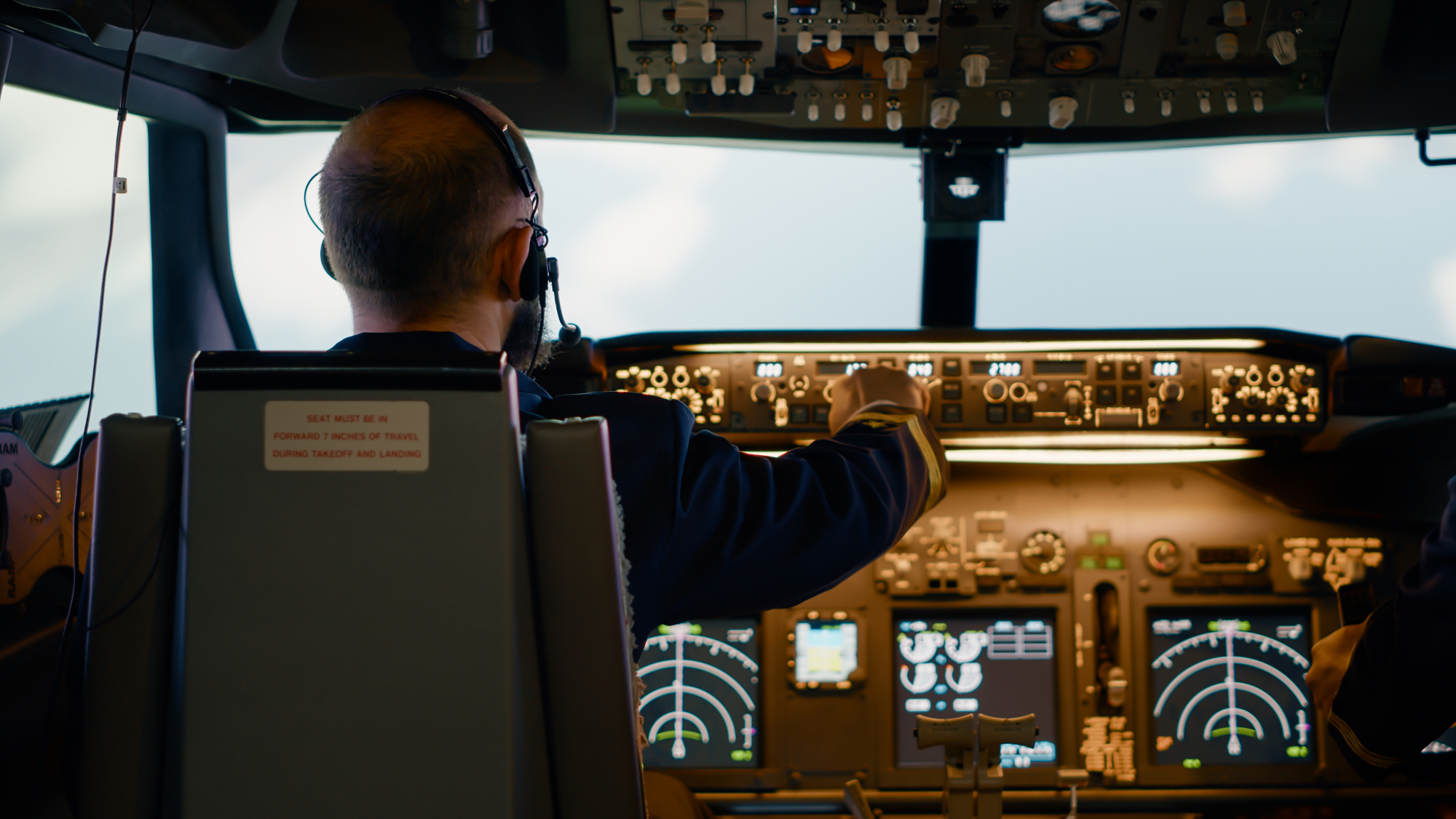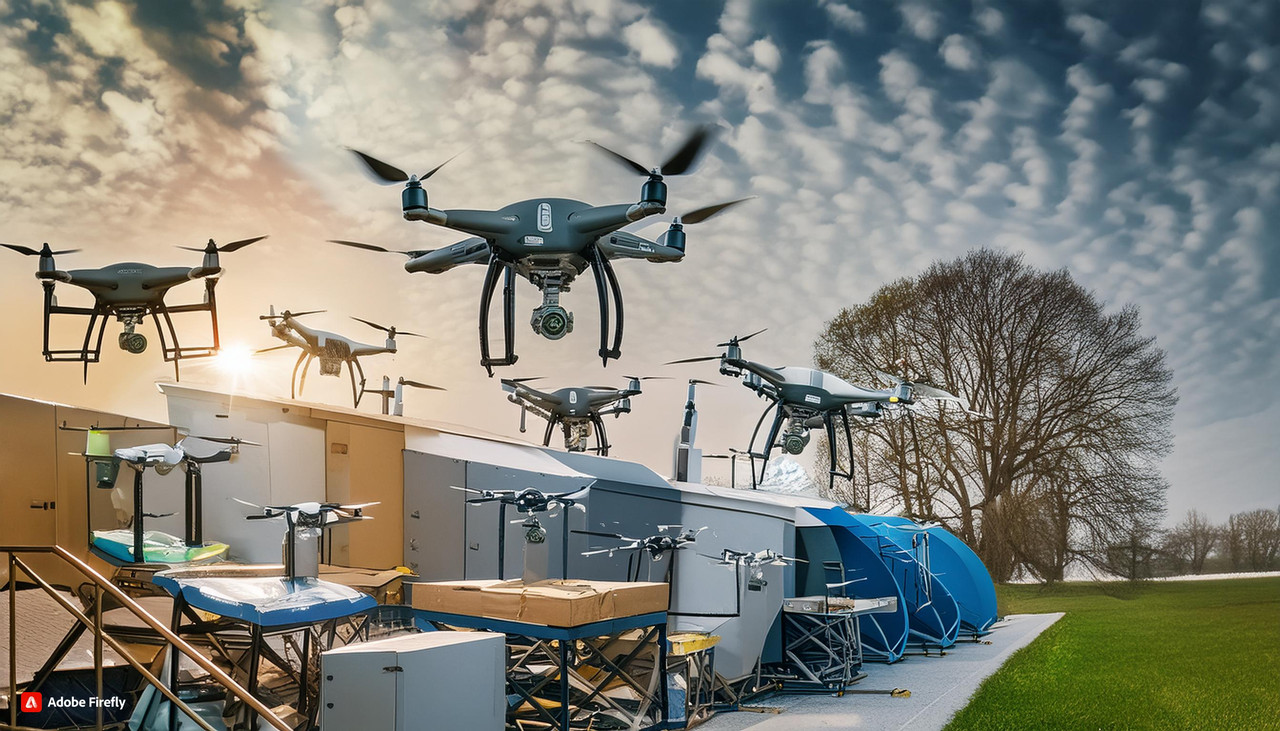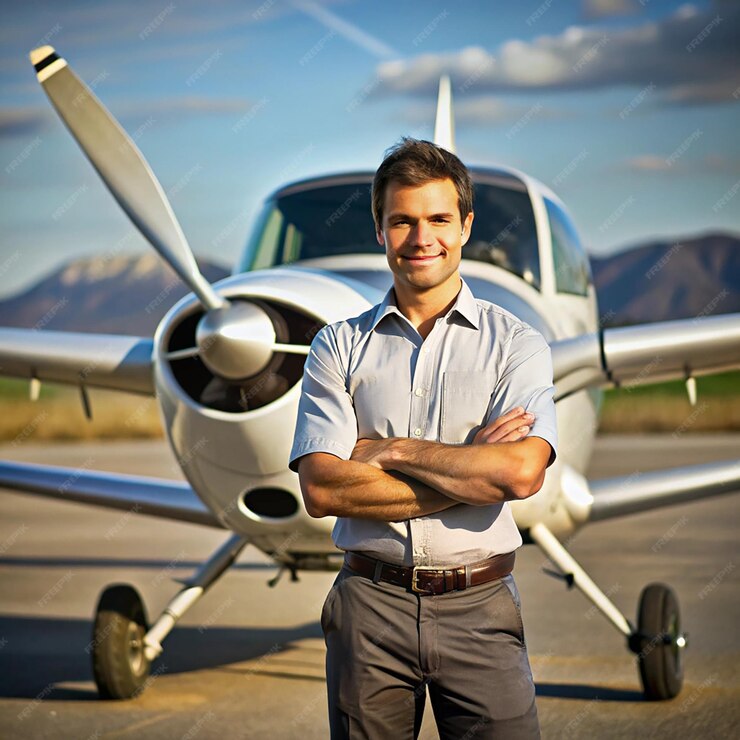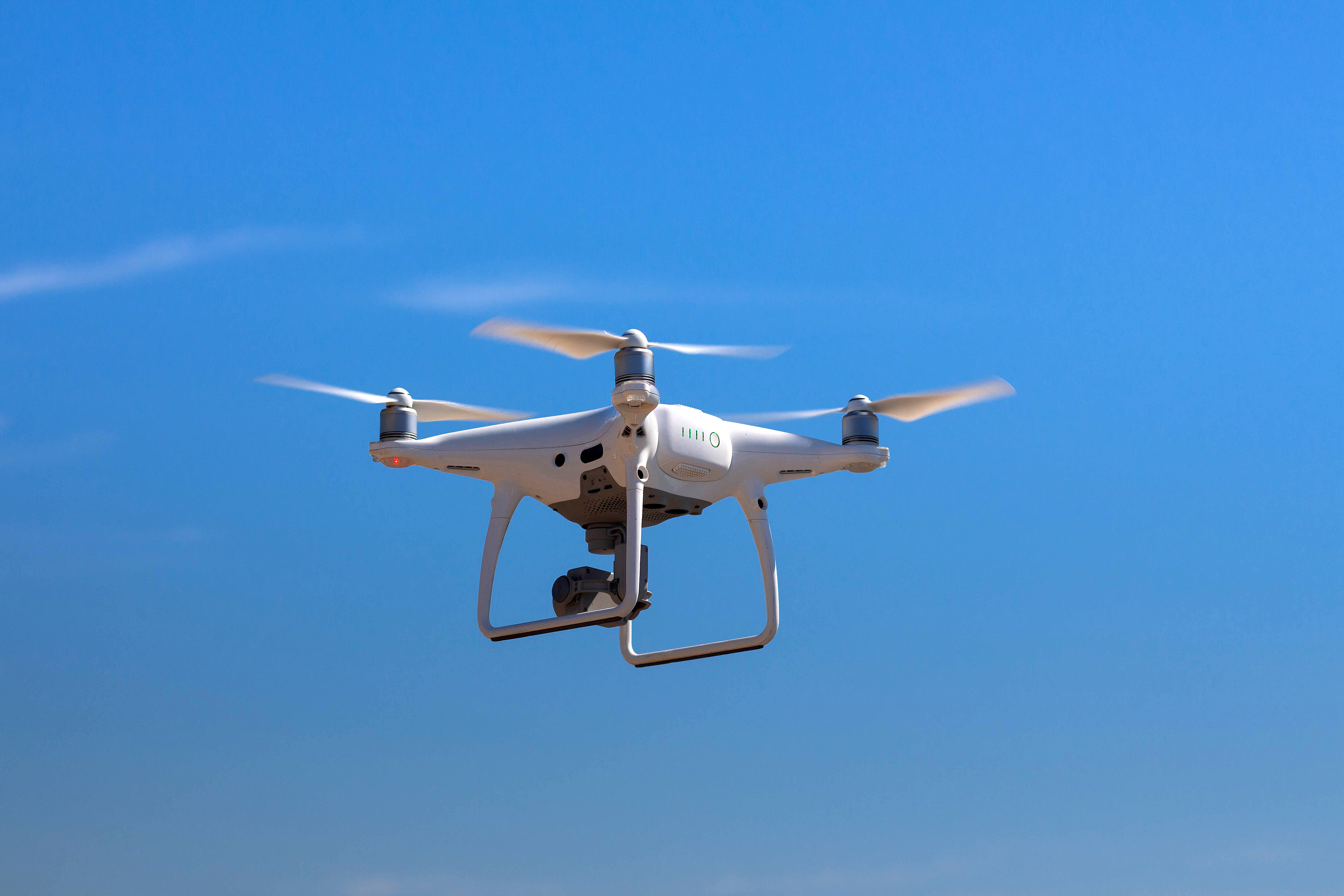
The Role of Commercial Pilots in Aviation Safety: What’s Behind the Cockpit Doors?

The youth give a lot of thought to how they can become commercial pilots and have a rewarding career. Pilots are hugely respected not only in India but all over the world. They are seen as the face of the aviation industry because if you say the word aviation, the first image that comes to your mind is that of an aircraft and a pilot driving an aircraft.
Commercial pilots work in an airline and are responsible for flying flights with passengers. They have a big role to play in guaranteeing aviation safety to the passengers as well as the crew members. In this blog, you will get an idea of what all commercial pilots do to ensure safety in aviation.

Why is Pilot Training Important?
The quality of pilot training received is one of the foremost deciding factors in aviation safety. Pilots go through training programs that cover everything from aircraft systems and navigation to emergency procedures. Along with class instruction, pilots also get practical training with simulators and other peculiar training devices.
This training provides pilots with all the skills and knowledge required to run an aircraft safely. It also helps to impart a safety culture, with pilots learning to prioritize safety and be on the lookout for potential risks.

The Role of Pilots in Flight Operations
Once they complete training, pilots have a big role in the aviation industry. They are responsible for pre-flight checks, communicating with ATCs, and working with crew members to ensure the safety of each flight.
Pilots should continually monitor various factors, such as fuel levels, weather conditions, and engine performance. They should never hesitate to make split-second decisions in case of an emergency, for example, an engine failure or harsh weather conditions.

Future Trends and Innovations
Aircraft automation, smart sensors, and big data analytics will also boost safety. More and more planes can fly with less human input, decreasing the chance of pilot error. Wearable devices can track the fatigue levels of the technicians. Predictive maintenance catches issues early and resolves them before attaining monstrous proportions.
But it is not only up to technology to ensure aviation safety. Safety culture holds the key to the evolution of aviation. Airline staff must always prioritize safety over everything else, and for this, regulators will continue updating standards. If the safety culture is good, then the future of aviation will also be bright.

Main Features of A Good Safety Culture In Aviation
Communication in a Safety Culture
Open communication allows safety issues to be recognized and determined quickly. When staff speak up without fear, problems don’t get buried or ignored until it’s too late. Communication should flow across departments and up and down the ladder.
Accountability Starts at the Top
Managers should compensate workers who postpone operations to fix safety concerns. This shows that profits do not nullify safety rules. Answerability starts at the top of the hierarchy.
Standard Operating Procedures
Documenting procedures creates constancy in safety procedures. Checklists, upkeep manuals, and training standards leave slight room for human error. But SOPs only work if paired with a culture that follows them meticulously. Staff must not develop “shortcuts” that avoid safety rules.
Encouraging Safety Reporting
If the staff is blamed for bringing the matters to attention, it negatively impacts future reporting. Airlines should always follow anonymous reporting and emphasize on fixing problems and not giving punishments. Pilots should be encouraged to file complete reports on incidents without worrying about any negative impact of the same on their careers. Safety data helps in the development, but it is only possible when reporting offers a complete picture of an incident.
Just Culture
Discipline is very significant in safety culture, but it should be applied. Severe carelessness should be reprimanded. However, well-intentioned staff making honest blunders while following SOPs deserve coaching, not punishment.
Learning Culture
No organization is perfect; there is constantly room for improvement. Examining data, audits, and talks from experts endorse nonstop learning. From time to time, Airlines should review procedures and check the team's knowledge. Safety metrics should be comprehensive, and they should not just count incidents.
Consistency Across the Organization
Any organization's safety culture should be embedded in its roots. Gate agents, flight attendants, baggage handlers, and office staff all influence safety, and every employee should be trained to generate a unified safety culture.
Inclusion and Diversity
Inclusive cultures tap varied perspectives to classify risks or evolving issues. Being noticeable to the challenges faced by women around safety aids target developments. Employee surveys can determine weaknesses before the occurrence of an incident.

The Qualities of a Good Pilot
A commercial pilot should have technical ability, good communication skills, and the ability to remain calm under pressure. Pilots also work well as part of a team to guarantee the safety of each flight.
Along with these essential skills, successful pilots can adapt to new technologies and alter industry guidelines. As the aviation industry evolves, pilots should embrace new technologies and techniques to stay informed and continue offering passengers the highest safety and service.
Coming to a Conclusion
Talking of aviation safety, the role of commercial pilots cannot be overlooked. From undergoing rigorous training programs to executing complex flight operations, pilots play a significant role in ensuring that air travel is the safest mode of transport. By possessing various skills and qualities and remaining dedicated to the highest safety standards and competence, pilots are the backbone of the aviation industry and a vital part of our global transportation infra.
There is no doubt that pilots are the mainstays of the aviation industry, and to become a pilot, admission to an aviation academy is a must. Flapone Aviation is one of the top flight schools of Delhi-NCR, known for providing best-in-class pilot training at the most affordable rates. So, there is no need to think too much beyond us to become a pilot and lead a rather lavish life, to say the least.
Related Blog
Latest updates and insights from Flapone Aviation.

What Types of Drones Are Present in the Market?
October 8, 2024

How to Become a Pilot After 12th in India?
February 7, 2025

What are the Basics of Drone Piloting?
February 7, 2025




Author Bio
A dynamic and seasoned content writer with 6 years of experience curating content for different platforms. With the knowledge of all the cogs of content writing and SEO, he has served in various industries. He believes that content is the kingpin, and if penned well, it has a lasting impact on the minds of the readers. Apart from content creation, he is also an ardent poetry lover and performer. He has two publications of his poetry collection, namely Alfaaz and Chestha